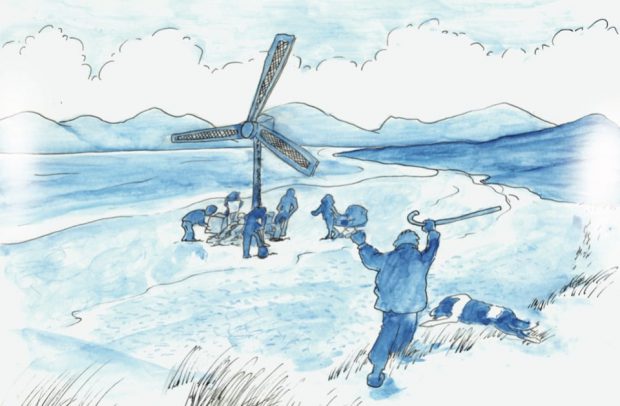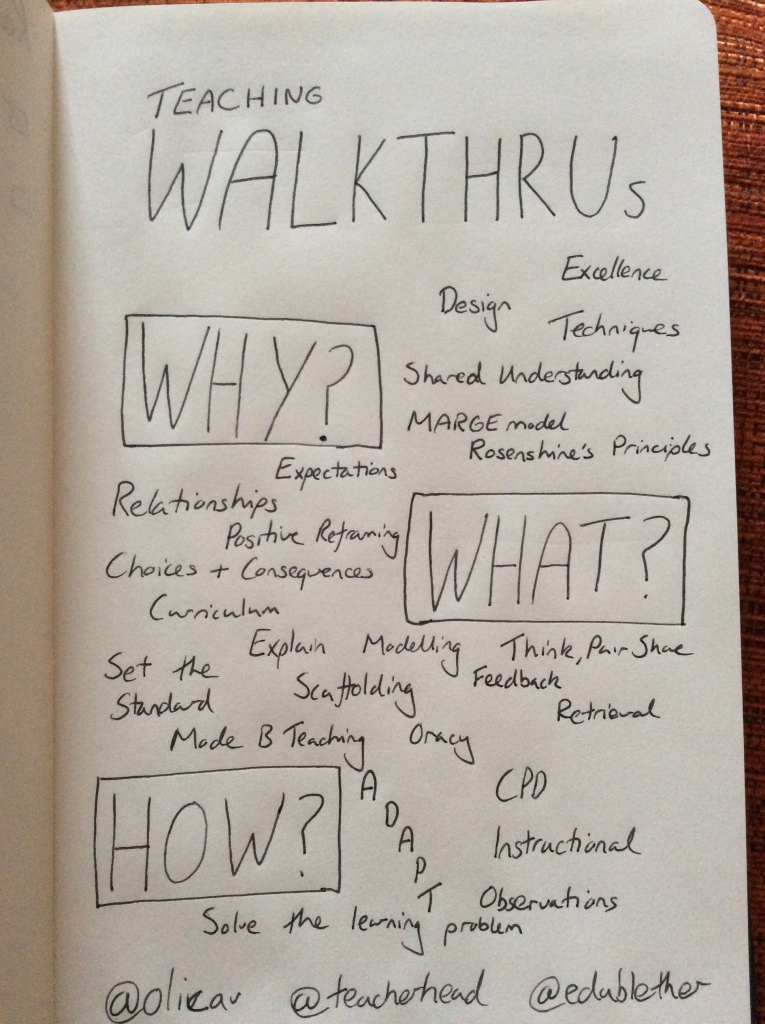Originally published May 2019
We had a good EduBlether with Dr Emma Kell about her book and teaching in general. The book is a fantastic, warts-and-all look at teaching, told through many stories of real-life practitioners. Despite some horrific stories, the book remains positive and hopeful about our profession.
What is abundantly obvious throughout your book is that you love your job! Can you let us know what it is that you love about teaching and teachers?
To be honest, I’ve been pretty rubbish at anything else I’ve ever tried! Let’s just say bar work wasn’t for someone as clumsy… On a serious note, there is no better feeling in the world than being in mid-flow in a lesson with laughter and the sparks cracking and a genuine feeling of equipping young people for a better future. Teenagers are raw and difficult at times, but I love their in-your-face honesty, their integrity and the fact that most of them wear their true selves with such pride. I pride myself on being known as a ‘nerd’ by my GCSE students, who themselves have caught my love of unusual and funny words.
Few things inspire me with such hope and optimism as meeting new recruits to the profession, with the fire in their bellies and their moral compasses firmly fixed on making a difference. It’s our duty as experienced teachers to guide and mentor them through the tricky early years, nurturing that spark, modelling our own humanity and fallibility and mopping up the inevitable tears when things don’t go quite right. To see new teachers I’ve worked with go on to happy and fulfilling careers, making differences to thousands of children, is such a great feeling.
I love the feeling of pride of being part of a vibrant and special school community – of walking the corridors and admiring the colourful displays and stopping for minor-crisis management and chats about politics, crisp flavours and identity theory.
You spoke with over 3,700 teachers as part of your research. What was the best story you heard?
I think it has to be Helena Marsh’s story. Helena is an inspirational leader who shows that there ABSOLUTELY can be ‘another way’ from the excessive scrutiny and punishing accountability measures that afflict many teachers. She is so often on my shoulder, with her various mantras: consistency of outcome, not of approach; trust teachers unless and until they give you reason not to – then identify and offer the support they need; know your worth. Leaders like Helena help me keep faith in the profession, even during this exceptionally difficult period.
Following on from this, what was the story that shocked you the most?
The one about the women forced to have a miscarriage at work. She’d been in for an extra-curricular event on the Saturday and the Head refused to accept that she was too ill to be in work that week. I must admit that I hesitated over publishing it (though I heard the story first hand and know it is true) – six months later, a teacher who’d been forced to go through the very same thing at a different school got in touch. So not even she was ‘alone’ in her horrific treatment.
What do you see as the biggest challenges for teachers across the UK at the moment?
There are so many. The realities of the funding crisis biting is going to be the final, toxic straw for many, I fear. But for me, it’s the steady and relentless erosion of trust and professional autonomy. Teachers don’t mind hard work – what they do mind is feeling that their voices aren’t heard; their experiences, values and education not valued.
You offer practical strategies in your book for moving forward with teaching. Can you please give us a brief overview of these, both at a National level and within individual schools?
In individual schools, it all comes down to school culture or ‘how we do things around here.’ More often than not, it’s the small things. The ‘thanks you’s and the ‘sorry’s and the ‘good mornings’. It’s about leadership which is build upon a foundation of humanity, humility and essential humour.
At national level, I must admit that I’m currently furious. Yes, teachers can pull together and make the difference within their respective school and virtual communities, but this ‘crisis’ is a perfect storm that has been brewing for YEARS, arguably since the advent of the National Curriculum. Ministers have obfuscated and fudged and even now seem unwilling to acknowledge that there’s any problem at all. We need actual practising teachers and leaders to be LISTENED to. I’m usually very ‘Pollyanna’ but I can’t actually see things getting much better at the national level unless something radical changes at government level. Where ‘toxic schools’ and horrific experiences which have lead teachers to ‘implode, explode or walk away’ used to be the exception, they now appear to be more common than not and it makes me feel sick and sad for the profession I love and the children, like my own, who are going through the school system.







